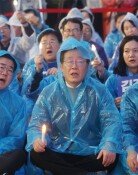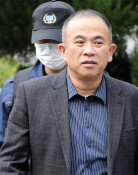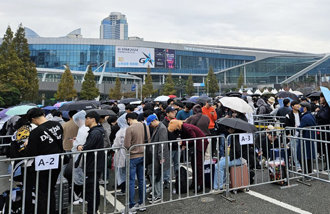No discrimination against Koreans on the Battleship Island, says Japan
No discrimination against Koreans on the Battleship Island, says Japan
Posted December. 03, 2022 07:23,
Updated December. 03, 2022 07:23
The Sankei Shimbun reported Sunday that the Japanese government submitted a report asserting that there was no discrimination against Koreans in response to the request of the UNESCO World Heritage Committee to supplement the insufficient explanation of the forced labor of Koreans in Hashima, Nagasaki, Japan (so-called the Battleship Island) during the Japanese colonial period. Some point out that Japan is repeating the previous argument that there was no discrimination against Koreans on the island because they were treated the same way as Japanese citizens during the Japanese colonial period.
According to the Sankei Shimbun, the Japanese government insisted that the national conscription order based on the National Mobilization Law was applied to all Japanese citizens in the report ‘Heritage of Japan’s Meiji Industrial Revolution,’ which the UNESCO World Heritage Committee asked to submit by the previous day. When asked to explain the history of forced labor accurately, it repeated its assertion that “we are making conscientious efforts to do so.”
The UNESCO World Heritage Committee expressed its “strong regret” in July last year for the lack of explanations on Koreans, including forced labor, at the Tokyo Industrial Heritage Information Center, which contains content of the Meiji Industrial Revolution heritage, including the Battleship Island listed as a world heritage. At the time, the Japanese government said it would “take it seriously,” but as a result, nothing has changed.
“The Japanese government has expressed its intention to pass on the island's history to the next generation based on data and testimonies with clear sources,” the newspaper reported. “The exhibition’s content at the Tokyo Industrial Heritage Information Center is to be modified by March next year based on the report.”
The UNESCO World Heritage Committee is projected to make the report public and review it at next year's meeting.
sanghun@donga.com







